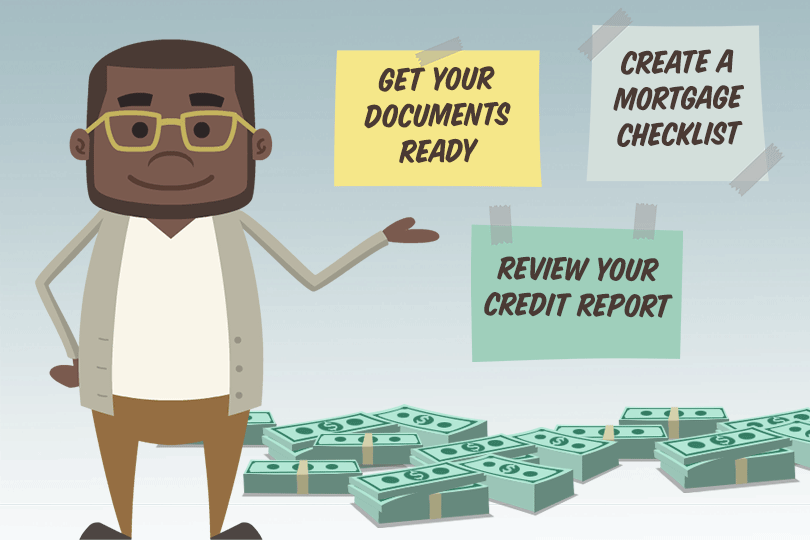FHA Loan Requirements for 2021 and Beyond
October 16, 2021
HOW TO QUALIFY FOR AN FHA LOAN
To qualify for an FHA home loan, borrowers need to meet a few requirements and follow some guidelines.
The FHA requires a low down payment of just 3.5% when buying a home, with a minimum credit score of 580. Compared to conventional loans, which typically require a score of at least 620, this is an easier requirement for many potential homebuyers to meet. The FHA makes it even more accessible to borrowers with lower scores between 500 and 579, who are required to pay a down payment of at least 10% on the home purchase.
Since the FHA has no income limits for borrowers to qualify, it judges a borrower’s ability to repay their loan with their debt-to-income ratio. According to HUD Handbook 4000.1, applicants must have a “maximum qualifying ratio” of 43%. This number is calculated by adding up the total mortgage payment (principal and interest, escrow deposits for taxes, hazard insurance, mortgage insurance premium, homeowners' dues, etc.) as well as all recurring monthly debt (car loans, personal loans, student loans, credit cards, etc.), then dividing by the gross monthly income.
The FHA sets annual limits for the amount it will insure in home loans. The limits are based on county and property type, and the conventional loan limits set by Fannie Mae and Freddie Mac. The FHA loan limits are a deciding factor for many borrowers in whether they or not they apply for an FHA mortgage.
OTHER FACTORS TO CONSIDER
Even though there are no income requirements to meet, the FHA does verify income and employment documentation to make sure that applicants have a steady stream of income. It also excludes applicants who have foreclosed on a home in the previous three years.
In an effort to include more Americans in the housing market, FHA loans are available to finance various kinds of housing. The FHA offers Condo Loans, One-Time Construction Loans for new construction, and also Rehab Loans for fixer-uppers. They can be used to purchase single-family homes, multi-family homes with up to four units, and even manufactured homes on permanent foundations. The main rule to know is that any home purchased with an FHA loan must serve as the borrower’s primary residence. Investment properties are not eligible. There are exceptions for mixed-use properties, with at least 51% of the space dedicated to residence.
Overall, these guidelines make it possible to buy a house with FHA even if you don’t have a super high credit score or a ton of money saved up.
------------------------------
RELATED VIDEOS:
You're Almost There When You Get Your Loan Approval
Learn About the Mortgage Insurance Premium (MIP)
Pre-approval Starts the Mortgage Process

FHA Loan Articles
January 10, 2023When getting ready to shop for a home loan, it's worth taking a look at your credit report. Your credit score is a big factor when lenders take a look at your loan application, and it plays a huge role in the interest rate you get.
December 23, 2022When it comes to buying a house, saving up for a down payment can be one of the most overwhelming aspects. While down payments are one of the biggest obstacles for many in the mortgage process, it helps to understand the ins and outs of why they play such a big role.
November 30, 2022Buying and financing a home is complicated and can become overwhelming. It's important for you to stay informed, and know what your options are. So, start with the basics and read about the four different mortgage types available before approaching a lender.
November 8, 2022The fact is that repairs and renovations to your home cost a lot of money. Luckily, the FHA has an option for those with fixer-uppers on their hands. The FHA 203(k) Rehabilitation Mortgages allows borrowers to finance the funds for renovations to a home.
October 17, 2022If you’ve begun your search for a new home and are looking into mortgage options, you’ve likely heard of mobile, manufactured, and modular homes. While people working in real estate throw these terms around easily, it might be something that leaves everyday homebuyers confused.







